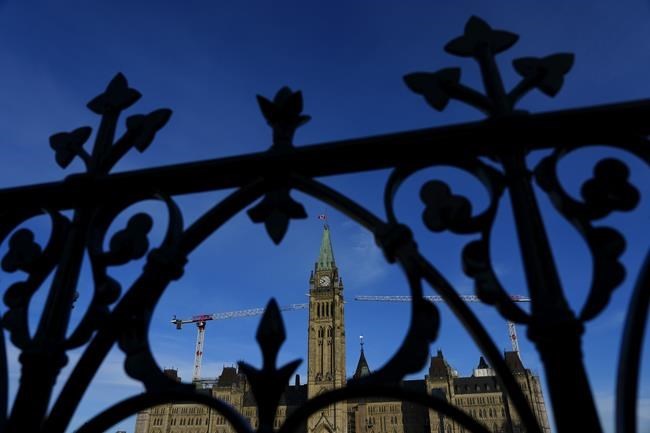OTTAWA — One of Canada's leading disability scholars is quitting a federal advisory board, saying the government failed to properly fund the disability benefit.
Michael Prince, a professor of social policy at the University of Victoria, says he's deeply disappointed with the Canada Disability Benefit.¬Ý
He's resigning from Disabilities Minister Kamal Khera's advisory group effective immediately, saying he has concluded his voice is no longer making a difference.
Prince says the amount of funding for the benefit in this week's federal budget is too small, covers too few people and is too complicated to access.¬Ý
The government is setting aside $6.1 billion over five years to run the program and has set the maximum annual benefit at $2,400 per person.
That works out to $200 a month, or around $6 per day.
Advocates, who have unanimously expressed disappointment with the program since the budget was released, say that falls well short of what's needed to help the estimated 1.2 million Canadians with disabilities who are living in poverty.¬Ý
Prince noted that the government estimates the benefit will go to just 600,000 people and won't be available until sometime in 2025.¬Ý
The Liberal government has talked about creating the disability benefit program for years.
It introduced legislation in 2021, conducted lengthy consultations and finally passed the Canada Disability Benefit Act in July 2023.¬Ý
The law's stated intent is to create a benefit to "reduce poverty and support the financial security of working-age people with disabilities."¬Ý
"In contrast to previous statements about the intended effects of the Canada Disability Benefit, there is no mention (in the budget) of having significant poverty-reduction effects," Prince wrote in his resignation letter.¬Ý
Finance Minister Chrystia Freeland defended the program at a press conference in Toronto on Friday, saying the Liberals have done more than any other federal government in history to help people living with disabilities.
"It would be great to be able to do more and we aspire to that," she said.¬Ý
Freeland also said her government will be working with provinces and territories to ensure the federal money does not result in other benefits being clawed back. Advocates had lobbied hard to include specific language about that in the law, but the Liberals did not include it.¬Ý
Prince said the government has failed to take strong federal responsibility on this issue.
"History teaches us that major reform in income support often comes from federal leadership in investments and program reform," he wrote.¬Ý
This report by The Canadian Press was first published April 19, 2024.
The Canadian Press




